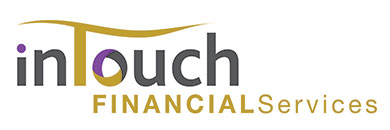WHAT IS AN ESCROW ACCOUNT AND SELLER TAX PRO-RATIONS
A down payment is the amount you pay toward the home yourself. You put a percentage
of the home’s value down and borrow the rest through your mortgage loan.
Learn About Down Payment Options
Escrow accounts are not often discussed, but if you buy a home using a mortgage you’ll likely have one – either by choice or as a requirement of your loan. In real estate, an escrow account is a separate bank account used by your lender to pay your property taxes and insurance.
Here’s how it works: You make monthly payments into the account at the same time you make your mortgage payment. Your lender manages the money and disburses the tax and insurance payments when they’re due.
Lenders often require escrow accounts as a way to protect their loan. If you were to fall behind on you property taxes, your home may be subject to a government lien and the lender’s stake in your property would be at risk. Similarly, if you failed to pay your homeowners insurance and disaster struck, the value of your property would evaporate, along with the lender’s investment. An escrow account ensures (for the lender) that your property is properly protected.
It can also benefit you as a consumer. For many people, an escrow account is the right choice; it’s easy to use, it simplifies your saving process and it’s relatively worry-free.
For example in Michigan, property tax bills come out December 15 (winter taxes or sometimes called county taxes) and in July 15 (summer taxes or sometimes called City taxes). Each tax is separate and calculated over a 12 month period. Meaning if you pay your summer taxes in July 2016, you are paid in full until the next July tax bill comes out in July 2017.
If you are purchasing your home and closing for example is to take place in September 2016. You will be required to pay the seller back for taxes he already paid in advance. If the seller just paid the taxes in July 2016, you will owe the seller back tax-es from the day you close until in September to July of the following year for the summer taxes. For the winter taxes you would only be required to pay back from September 2016 to December 2016 because the last winter tax bill was paid from the previous year.
Your lender will require you to put an upfront amount in your escrow account to cover future taxes that are due. In this scenario, if you close in September 2016, your lender will require you to put an amount that will cover your December tax bill that will be due in December after you close to ensure there is enough money to pay it.
Basically the easiest way to calculate what you will need for escrow and tax prorations is approximately the total of 1 year of taxes.
